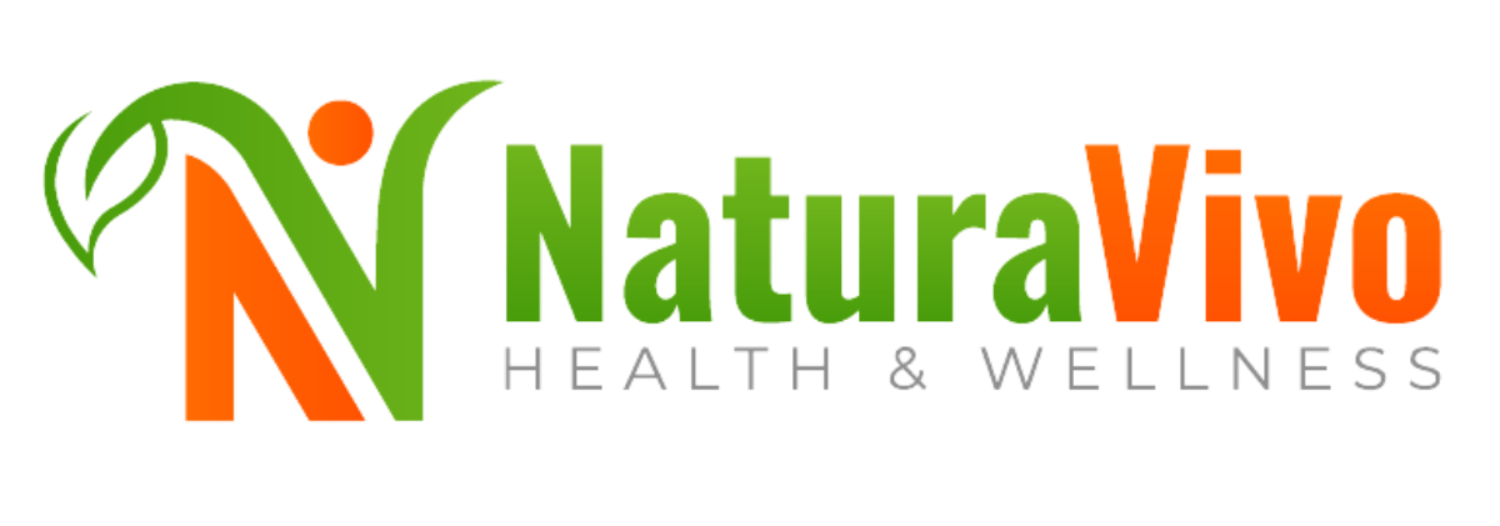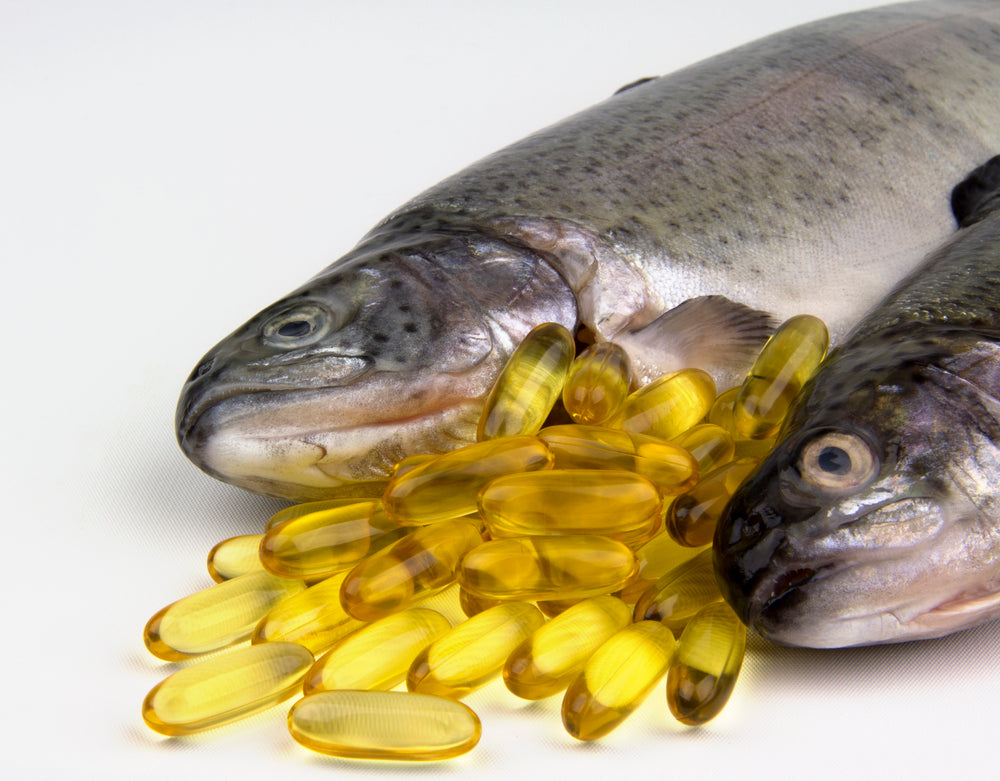In the realm of nutrition, few compounds have garnered as much attention and praise as omega-3 fatty acids. These essential fats play a crucial role in maintaining our overall health and well-being. Let's dive into the world of omega-3s and explore why they're so important for our bodies.
What Are Omega-3 Fatty Acids?
Omega-3 fatty acids are a type of polyunsaturated fat that our bodies cannot produce on their own. This means we must obtain them through our diet or supplements. There are three main types of omega-3s:
- Alpha-linolenic acid (ALA)
- Eicosapentaenoic acid (EPA)
- Docosahexaenoic acid (DHA)
While our bodies can convert small amounts of ALA into EPA and DHA, the process is inefficient. That's why it's crucial to consume EPA and DHA directly from food sources or supplements.
The Health Benefits of Omega-3s
Research has shown that omega-3 fatty acids offer a wide range of health benefits:
Heart Health
Omega-3s can help reduce triglycerides, lower the risk of irregular heartbeats, slow the buildup of plaque in arteries, and slightly lower blood pressure. These effects contribute to overall cardiovascular health and may reduce the risk of heart disease and stroke.
Joint Health
For those suffering from rheumatoid arthritis, omega-3s may help alleviate symptoms by reducing inflammation in the joints.
Brain and Eye Development
DHA, in particular, plays a crucial role in the development of brain and visual functions. This is especially important during pregnancy and early childhood.
Disease Prevention
Some studies suggest that a diet rich in omega-3s may lower the risk of age-related macular degeneration, a common cause of vision loss in older adults. While research is ongoing, there's also interest in omega-3s' potential to reduce the risk of cognitive decline and dementia.
Sources of Omega-3 Fatty Acids
Fatty Fish: Nature's Omega-3 Powerhouse
The best dietary sources of EPA and DHA are fatty fish. The American Heart Association recommends consuming at least two 3-ounce servings of fatty fish per week. Some excellent options include:
- Salmon
- Mackerel
- Sardines
- Trout
- Sea bass
Plant-Based Sources
For those following a vegetarian or vegan diet, or simply looking to diversify their omega-3 intake, several plant-based foods are rich in ALA:
- Flaxseeds and flaxseed oil
- Chia seeds
- Walnuts
- Canola oil
- Soybean oil
Ground flaxseeds and flaxseed oil are particularly high in ALA. Try sprinkling ground flaxseeds on your morning oatmeal or yogurt, snacking on a handful of walnuts, or experimenting with chia seed pudding for a nutritious treat.
Bridging the Omega-3 Gap: The Role of Supplements
While obtaining nutrients from whole foods is ideal, many people struggle to consume enough omega-3s through diet alone. This is where high-quality supplements can play a valuable role in supporting overall health.
At Naturavivo, we understand the importance of omega-3s in maintaining optimal health. That's why we've developed our Fish Oil (1200 mg) Omega-3 (720 mg) supplement. This carefully formulated product provides a concentrated dose of both EPA and DHA, helping you meet your omega-3 needs conveniently and effectively.
Our Fish Oil supplement is an excellent option for those who:
* Don't consume fatty fish regularly
* Are looking to support their heart, brain, and joint health
* Want to ensure they're getting adequate amounts of EPA and DHA
Remember, while supplements can be beneficial, it's essential to consult with a healthcare professional before adding any new supplement to your routine, especially if you're taking medications or have existing health conditions.
Conclusion
Omega-3 fatty acids are truly essential for our health, playing vital roles in everything from heart function to brain development. By incorporating a variety of omega-3-rich foods into your diet and considering high-quality supplements like Naturavivo's Fish Oil (1200 mg) Omega-3 (720 mg), you can take a proactive step towards supporting your overall health and well-being.
Whether you're enjoying a delicious salmon dinner, sprinkling chia seeds on your smoothie bowl, or taking your daily omega-3 supplement, you're providing your body with the nourishment it needs to thrive. Here's to your health!


